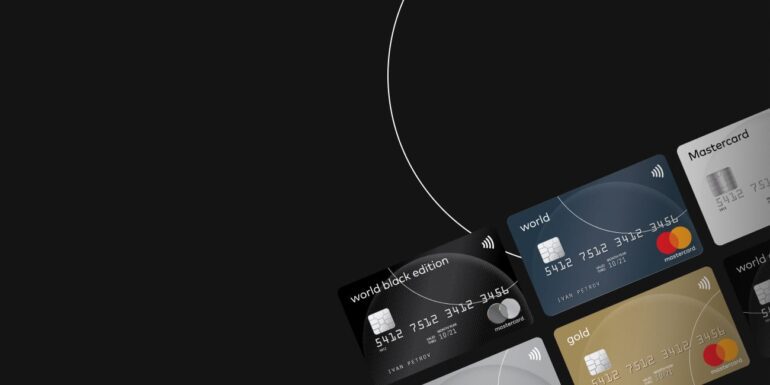TL;DR:
- Mastercard embraces AI to optimize its recruitment process and reduce unconscious bias.
- An AI-based game is used to assess candidates based on task completion, ensuring fairness.
- Microsoft Teams provides insights into employee productivity, enabling resource allocation and intelligent suggestions.
- An automatic scheduler streamlines interview setup, resulting in an 87% productivity increase.
- ChatGPT is tested for job description writing, but vetting by recruiters and hiring managers is essential.
- Employees are encouraged to explore ChatGPT for learning but are restricted from using it for client purposes.
- Similar policies are implemented by PwC’s Australian division.
Main AI News:
In an era where technological advancements are reshaping industries, Mastercard has embraced the power of artificial intelligence (AI) to revolutionize its recruiting process. The company’s HR team has adopted an AI-based game that effectively assesses candidates, demonstrating Mastercard’s commitment to harnessing innovation to streamline talent acquisition.
Unlike traditional methods that may inadvertently perpetuate biases, this game serves as an unbiased gatekeeper, solely advancing candidates based on their ability to accomplish specific tasks. Michael Fraccaro, Chief People Officer at Mastercard, emphasizes that this game significantly reduces the risk of unconscious bias during the hiring process, fostering a more inclusive and diverse workforce.
Furthermore, Mastercard leverages Microsoft Teams to gain valuable insights into employee productivity. By monitoring the allocation of time to various activities such as messaging, meeting participation, and collaborations, the company can optimize resource allocation and enhance overall efficiency. The platform even offers intelligent suggestions, such as recommending the scheduling of emails for future delivery, enabling employees to prioritize their work effectively.
To expedite the interview setup process, Mastercard employs an automatic scheduler. This innovative tool has proven instrumental in streamlining the scheduling of interviews, resulting in an impressive 87% increase in productivity. Fraccaro lauds this technology as a testament to Mastercard’s commitment to operational excellence and its dedication to providing an exceptional candidate experience.
In line with the company’s progressive approach, Mastercard is also exploring the capabilities of ChatGPT, an advanced language model. While the team utilizes this cutting-edge chatbot for drafting job descriptions, Fraccaro underscores the importance of thorough vetting by recruiters and hiring managers. They remain accountable for the content that is shared with potential candidates, ensuring accuracy and alignment with the company’s values and requirements.
While Mastercard employees are encouraged to leverage ChatGPT for experimental and learning purposes, they are strictly prohibited from utilizing it for client-related tasks. This cautious approach aligns with industry standards, as PwC’s Australian division has implemented similar policies. The division encourages its employees to explore ChatGPT’s potential but places restrictions on the use of any material generated by the tool and strictly prohibits the sharing of proprietary or client data.
Conclusion:
Mastercard’s adoption of AI tools and technologies in recruitment and productivity demonstrates its commitment to innovation and operational excellence. By leveraging artificial intelligence, Mastercard aims to reduce unconscious bias, enhance employee productivity, and streamline the hiring process. This approach sets a precedent for the market, showcasing the importance of integrating AI to create more inclusive, efficient, and competitive work environments.

